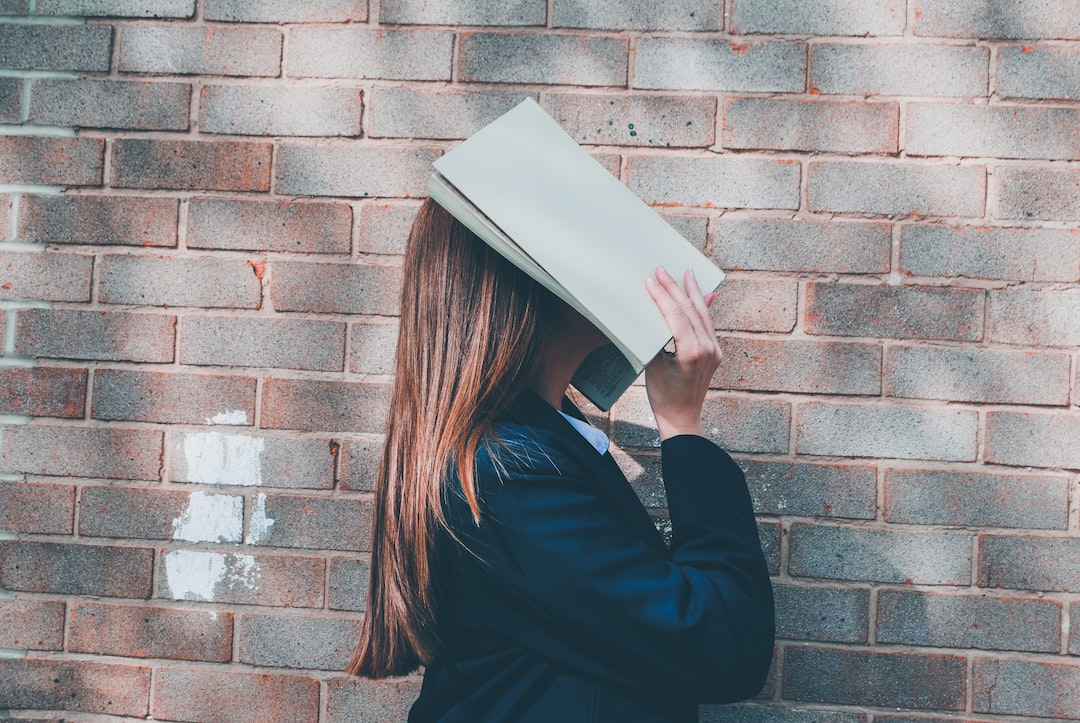Building Strong Teacher-Student Relationships
The bond between teachers and students is one of the cornerstones of effective education. When students feel connected to their teachers, they are more engaged in learning, motivated to succeed, and much more likely to positively respond to instruction. Building strong teacher-student relationships should be a priority for educators at all levels, as it directly impacts students’ academic and emotional development. In this blog post, we will explore several key strategies that can help foster strong teacher-student relationships.
1. Show genuine care and respect: Students can easily recognize when a teacher truly cares about their well-being. Take the time to listen to their concerns, show empathy, and provide support when needed. Demonstrate respect by acknowledging their thoughts and ideas, fostering a safe and inclusive classroom environment where all voices are valued.
2. Get to know each student as an individual: Every student is unique, with different strengths, interests, and challenges. Take the time to learn about their backgrounds, hobbies, and aspirations. Engage in conversations beyond the classroom, like asking about their weekend or discussing their favorite books. When students feel seen and valued for who they are, the teacher-student relationship grows stronger.
3. Communicate effectively: Clear and open communication is crucial for building strong relationships. Take the time to communicate expectations, provide timely feedback on students’ work, and foster an open-door policy for addressing concerns or questions. Be accessible and approachable, making yourself available to students both during and outside of class.
4. Create a positive classroom culture: Building a positive classroom culture builds trust and respect between teachers and students. Set clear expectations for behavior, promote inclusivity, and encourage collaboration. Recognize and celebrate students’ achievements, as positive reinforcement reinforces their efforts and contributions.
5. Be mindful of your teaching approach: Teachers have a profound impact on students’ motivation and engagement. Use a variety of instructional strategies to cater to different learning styles and interests. Incorporate hands-on activities, group discussions, and digital tools to keep students engaged. When students enjoy the learning process, they are more likely to bond with their teachers.
6. Foster student autonomy and ownership: Encourage student autonomy by providing choices whenever possible. Allow them to have a say in their learning, such as selecting topics for projects or deciding on group work. Giving students a sense of ownership in their learning fosters independence and can lead to stronger relationships with their teachers.
7. Be a role model: Teachers serve as role models for their students. Set an example through your actions, demonstrating characteristics like resilience, empathy, and integrity. Show enthusiasm for learning and a dedication to personal growth. When students observe these qualities in their teachers, they are more likely to emulate them and develop deeper connections.
8. Address conflicts and challenges constructively: Conflicts and challenges are inevitable in any relationship. When conflicts arise, make an effort to address them promptly and constructively. Encourage open dialogue, actively listen to students’ perspectives, and find mutually beneficial solutions. Such discussions can lead to stronger connections as students feel heard and understood.
9. Involve parents and guardians: Strong teacher-student relationships are further enhanced when parents and guardians are involved. Keep families informed about their children’s progress, provide opportunities for parent-teacher conferences, and maintain an open line of communication. Collaboration between teachers and families creates a supportive network that benefits students’ success.
10. Continuously work on building relationships: Building strong teacher-student relationships is an ongoing process that requires sustained effort. Take the time to reflect on your interactions with students, seek feedback from colleagues, and continuously explore new ways to connect with your students. The more you invest in building relationships, the greater the impact it will have on students’ academic and social growth.
In conclusion, the power of strong teacher-student relationships cannot be understated. By demonstrating care, respect, and empathy, getting to know each student as an individual, and fostering open communication and a positive classroom culture, educators can create an environment where students thrive. When teachers prioritize building and nurturing strong relationships with their students, the impact is immeasurable, leading to greater academic achievement and personal growth.

